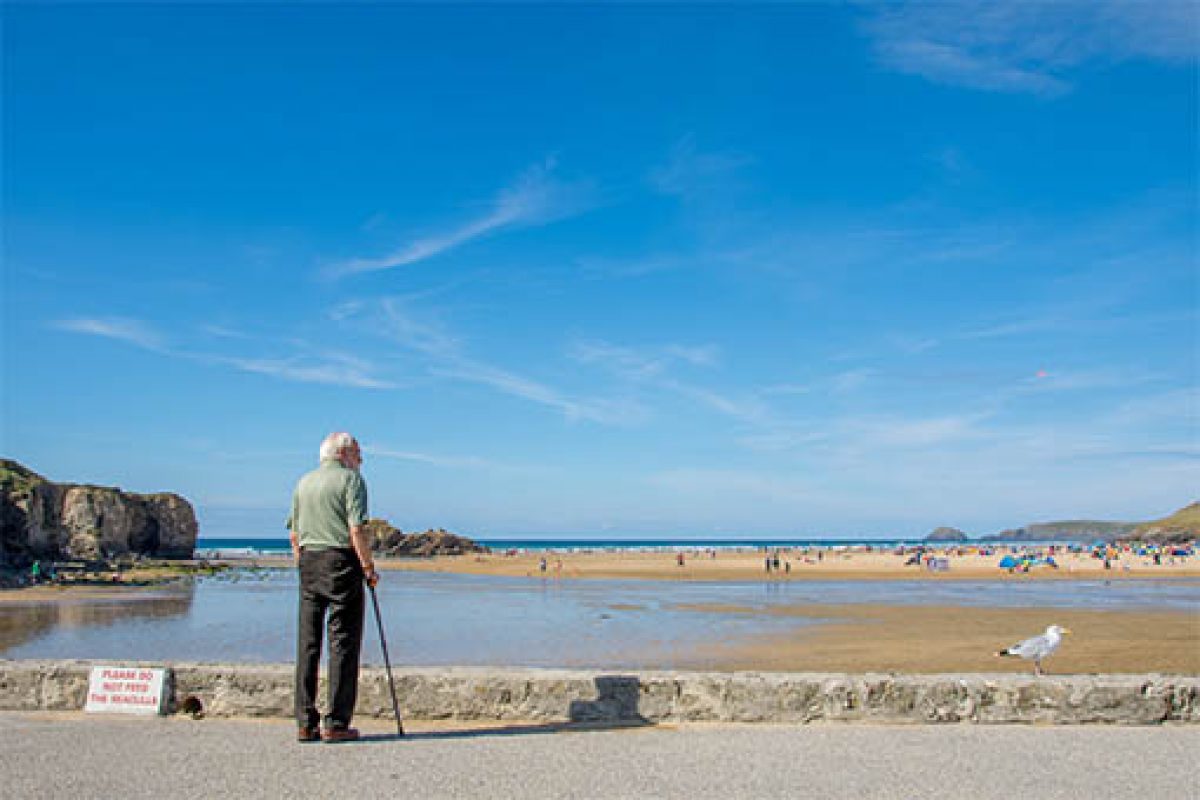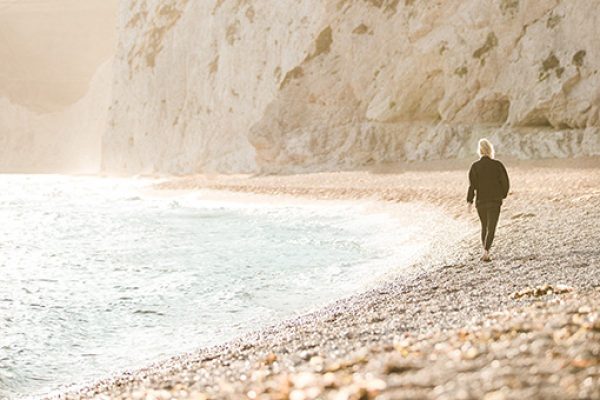Has lockdown reawakened our love of nature?
As a researcher investigating the links between public natural environments and our health, I regularly make time to appreciate nature.
Views of the countryside and coastline stretch all the way across the small Cornish town of St Agnes in the UK – all from the comfort of my back garden. I know I’m lucky and one of many Cornish residents to have views that would be the envy of city dwellers, at least within a short journey.
But before lockdown, how much did we take this for granted? And has this now changed? Lockdown seems to have created a new culture of appreciation for nature, and what it can do for us. Now I see more people out than ever before walking, seeking solace and escaping in local blue and green spaces; gardening, exercising, spending time with their families. Of course, that’s one interpretation – many probably simply see it as getting their daily exercise or fresh air in the only way they were able.
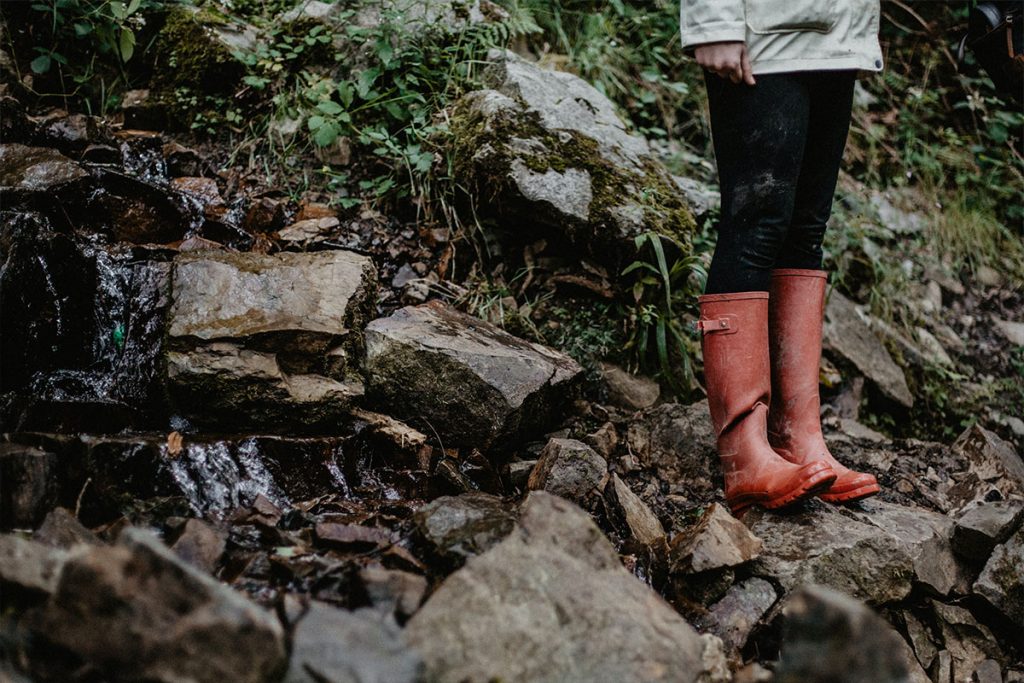
Have more people walked and exercised in nature because of lockdown?
Mental health and nature
Research has already shown that coastal activities are associated with positive mood and that people also use our coastline to achieve personal goals and connect with others and the sea. So it would make sense that people who didn’t previously exercise or spend time in nature, are now choosing to get out there more.
Maybe it’s true that you don’t know what you’ve got until it’s taken away. Limiting the time we were allowed to spend outside seems to have renewed the will and desire of Cornish residents to get out and spend as much time as they can enjoying natural spaces.
It seems something important has happened to our relationship with our local landscapes during lockdown– and although it will be a little while before we understand this fully, growing evidence is already showing us that spending time in nature can have a multitude of positive effects on our physical and mental wellbeing.
For example, recent BlueHealth research has found that people in England who live close to the coast report that their general health is better. Other studies have also shown us that exercise in nature can reduce anxiety and that natural scenes can reduce feelings of stress.
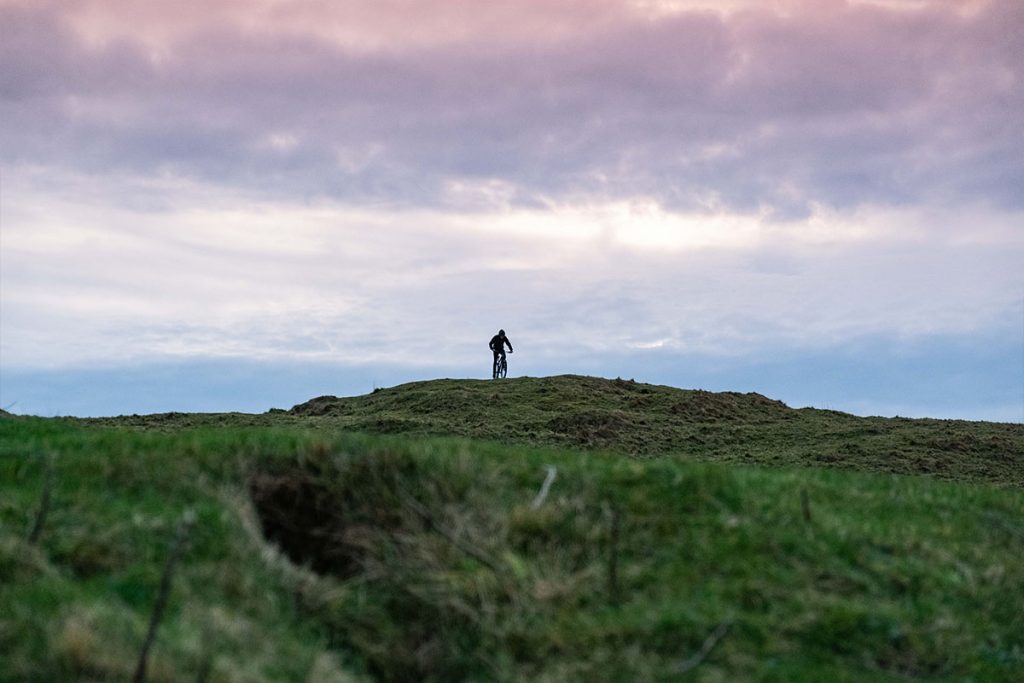
Photo of a cyclist looking out over the coast path at Crantock, Newquay
Nature as an antidote to stress and anxiety
All this has recently fed into a Defra evidence statement conducted in collaboration with the University of Exeter and Plymouth Marine Laboratories, to bring together this area of research to inform policy-makers. It influences decisions around which spaces are protected and how we are encouraged to access nature.
There’s also growing evidence that spending time in nature was an antidote to the stress and anxiety created for many Cornish residents by the situations that lockdown threw us into. The latest resident’s survey from Cornwall Council has shown that overall, people’s wellbeing in Cornwall has not been as badly impacted as the rest of the country.
Thirty-three per cent of people nationally said their mental health had suffered, with the figure in Cornwall much lower, at 17%. People in Cornwall were also more positive about some aspects of lockdown, with many more people than the national average being positive about the outdoors, cleaner air, and wildlife. Maybe access to Cornwall’s unique natural landscape has made the county a little better equipped to deal with the crisis, at least in terms of mental health and wellbeing.
These findings can only be positive in what has been a bleak few months for many. But it also raises more questions than it answers. Why such a change in attitude and behaviour. Has lockdown given us permission to have a different perspective on life? Perhaps it created time to value new things – yet will this last?
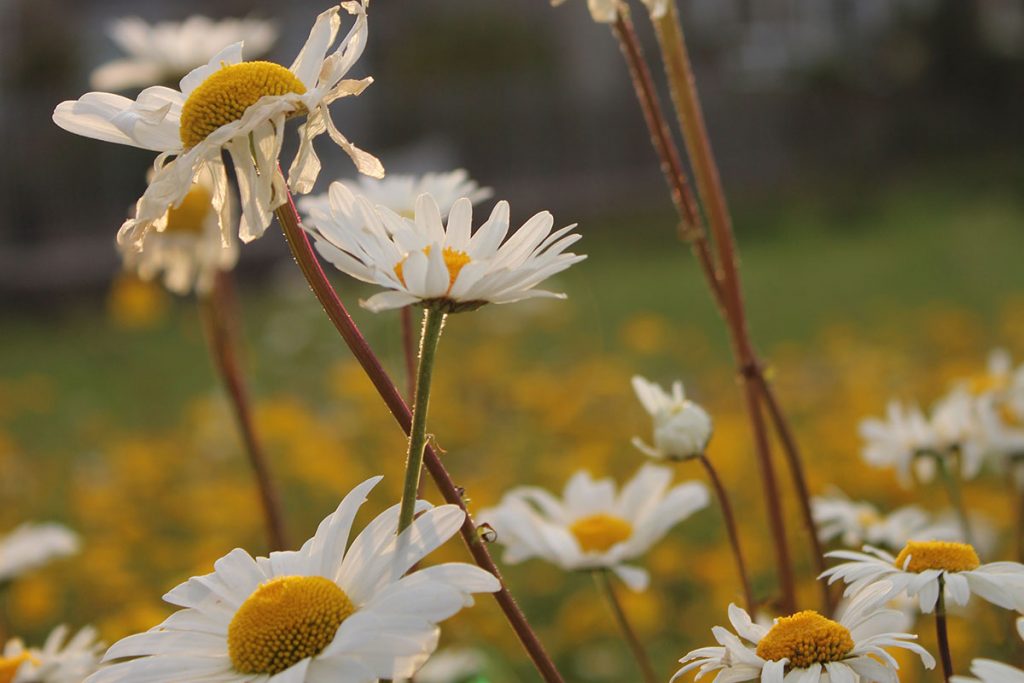
Spring flora bloomed during lockdown (photo from Newlyn in Cornwall).
A ‘nature’ revolution?
There is certainly an appetite for change: only one in ten residents want things to go back to how they were before. Maybe Coronavirus will bring about a ‘nature’ revolution of sorts. We know that it has severely impacted the mental health of many. But the evidence strongly suggests that nature can be a part of the solution. It feels ironic, but could a post-Coronavirus world that has caused so much mental anguish, also be one in which we embrace the benefits of nature for our physical and mental wellbeing a little bit more than we ever did before?
I certainly hope the effects of nature will make a lasting impression, and the number of people seeking out its benefits for their wellbeing will remain high as life slowly returns to the new ‘normal’.
This post first ran in the Western Morning News and all photos are courtesy of Unsplash.

